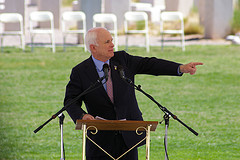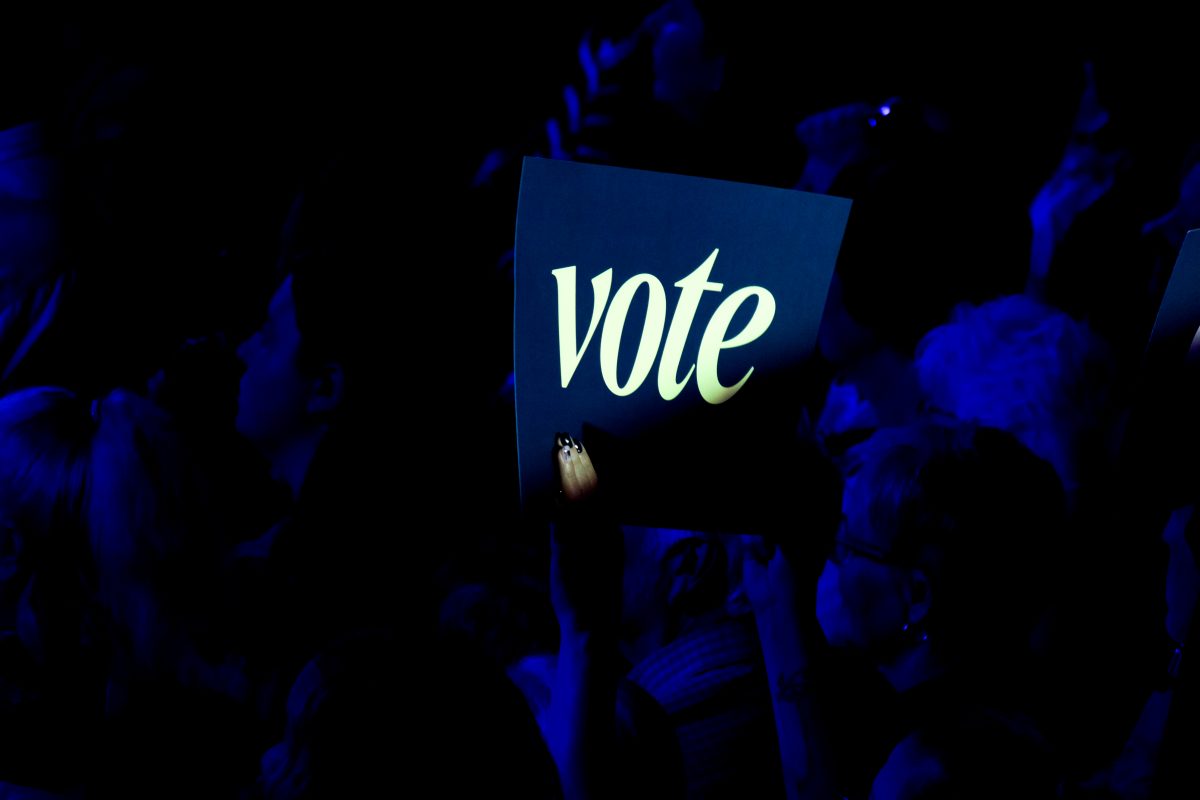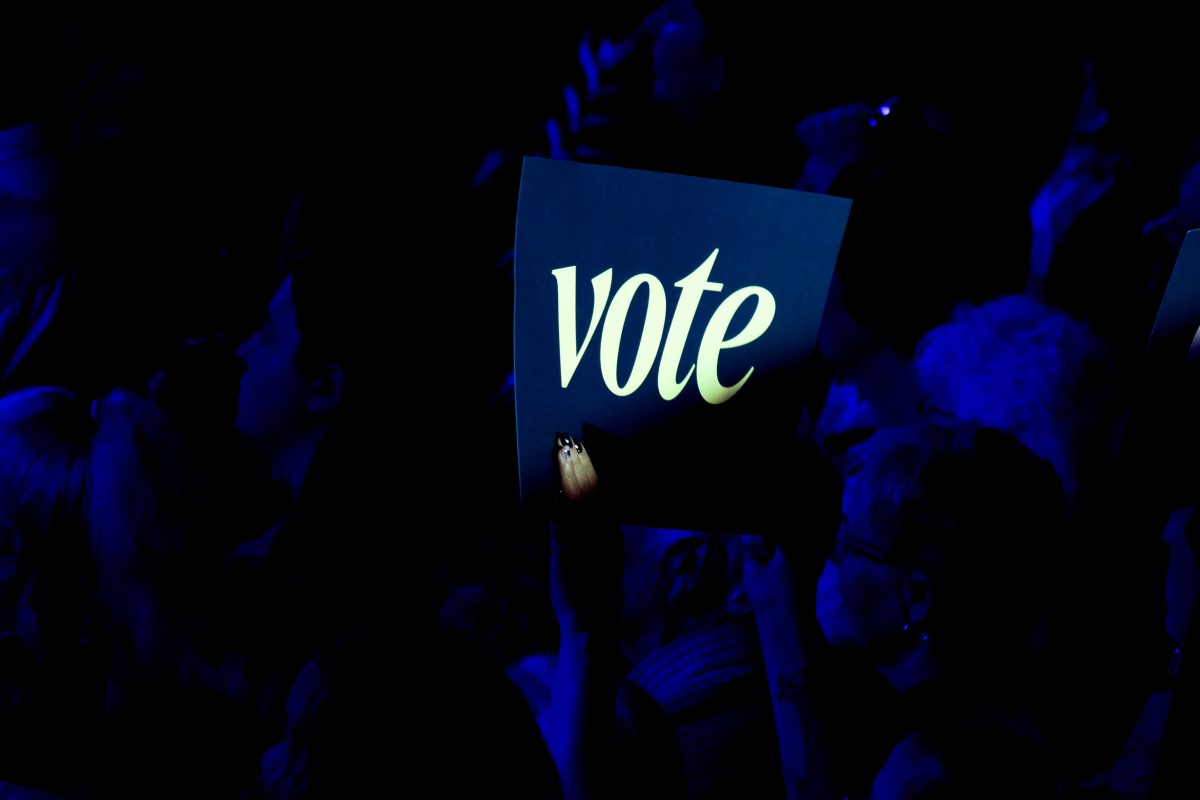
- Image by twinkletoez via Flickr
By Heather Brown
Staff Writer
On Oct. 26, 1967, John McCain’s Sky Hawk dive bomber was shot down in Hanoi, North Vietnam. For the next 5 ½ years, John McCain would be faced with severe forms of torture, interrogation, and horrific treatment.
When McCain’s aircraft was shot down, he immediately ejected. In the process of ejection, he broke his right leg, right arm, and his left arm. He was knocked in and out of consciousness until he landed in a large lake. His oxygen mask also blew off. McCain sank to the bottom of the lake, which was approximately 15 feet deep. He did his best to push off the bottom of the lake and rise to the top. However, his attempts were unsuccessful. McCain not only had broken bones, but also had 50 pounds of gear attached to his sinking body. He was finally able to make his way to the top where he was quickly captured. He was stripped by the Vietnamese soldiers, and beaten in front of a crowd that cheered and chanted. Unfortunately, the nightmare did not end here.
McCain was seen by the North Vietnamese as the “crown prince,” because his father was Commander in Chief of the U.S. forces in the Pacific. When first reaching the POW camp he was beaten into unconsciousness. He reported in an article for the U.S. News that at this point, his knee was swollen to the size of a football. He received treatment only when the Vietnamese thought that he would provide them with information. On one occasion, he was taken to the hospital to fix his arm. The “doctor” felt his arm, trying to realign several floating bones. McCain was not given any Novocain. This is how his treatment continued for the next five years. He suffered from dysentery, hemorrhoids, boils, malnutrition, and often was beaten so badly on top of his already existing injuries that he was unable to walk. McCain recalls lying on the floor in his own human waste, unable to get up. He dropped down to 100lbs and was expected by some of the other POW’s to die. There was one point during his capture that he even considered suicide. But the physical injuries were bearable compared to the mental torment he endured.
He was offered the chance to leave the camp on early release. McCain told the North Vietnamese that he wouldn’t leave until Alverez (the first POW captured) was released. He also knew that strings would be attached to his early release such as having to sign a statement denouncing his country and the war. McCain resisted. After this, the beatings got worse. He received several cracked ribs, and was forced to stand for long periods of time as punishment.
The brutality of McCain’s physical treatment is often talked about. But he expressed that the worst part of his experience was the Vietnams’ attempts to destroy the U.S. Soldiers patriotism and faith in their government and country. With little communication to each other and the outside world, the POW’s relied on the confidence that they had in their country to win the war. Otherwise their suffering was futile. It gave them hope. The Vietnams would take anti war statements from prominent leaders in the U.S. and play them over and over for the POW’s to hear. They also tried to bring “anti-war protestors” to the POW’s to convince them and get them to lose hope in their country. They tried to trick McCain to writing or saying things that would be viewed as anti-war or anti-American. But McCain fought hard to keep a strong faith in his country. The strength that helped him hold onto hope for our country helped him make it to the day of his departure back to U.S. soil, and eventually into the United States Congress as our Senator.
At the McCain and Palin “Road to Victory” rally in Lancaster, Pennsylvania this past week, one volunteer made a statement about McCain’s POW experience. When asked how McCain’s POW experience will help him make a better president she said, “He (McCain) knows the true meaning of the word ‘freedom’”. While McCain’s opponent may have poise and suave persona, perhaps McCain’s stiffness and limp are really stronger symbol of his commitment to put the United States of America first.



![Reblog this post [with Zemanta]](https://img.zemanta.com/reblog_e.png?x-id=1d07b79b-e9f2-4ef5-a696-96040b250c69)


